When Christy Dignam released his debut solo album in 2021, it went by the typically deadpan and defiant title of The Man Who Stayed Alive.
The album was a heady distillation to his influences and a two-fingered salute to death itself, recorded in between the chemotherapy sessions he was receiving for his terminal illness.
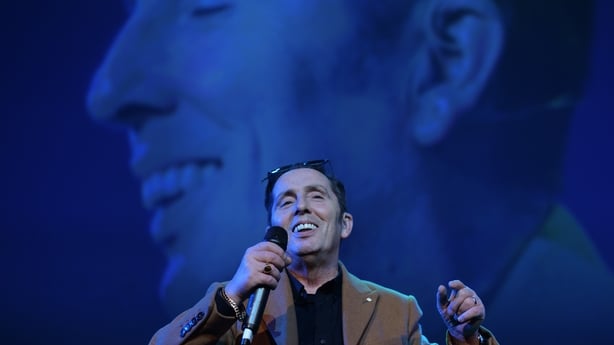
The Finglas folk hero raged against the dying of the light, but he also found time to hymn the praises of all the small things that make life worthwhile.
This was Christy Dignam all over. The front man of Aslan, one of the most enduring acts in Irish rock history, was the ultimate rock 'n' roll survivor and a keeper of the rock 'n' roll flame.
He had it all - the look, the passion, a talent for penning poetic anthems, and one of the great voices in Irish rock.
"We were like the Three Musketeers - except there were five of us - back-to-back, fighting the world," recalled Christy about Aslan's fledgling days.
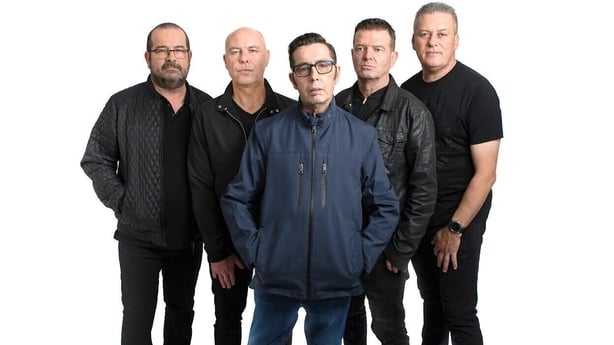
Back then Ireland was the land of a thousand rock bands, but none could boast a front man with the voice or the compelling stage presence of Dignam.
In concert, he was magnetic, striking a Christ-like figure with the passion of a folk hero, singing songs shot through with a street poetry that both celebrated and decried Aslan's working-class background in Finglas, the sprawling suburb on the northside of Dublin.
That was something Dignam wrote about on Aslan's debut album, Feel No Shame, in 1988. Songs like The Hunger (a mission statement if there ever was one), Please Don't Stop, and Loving Me Lately still sound thrilling today.
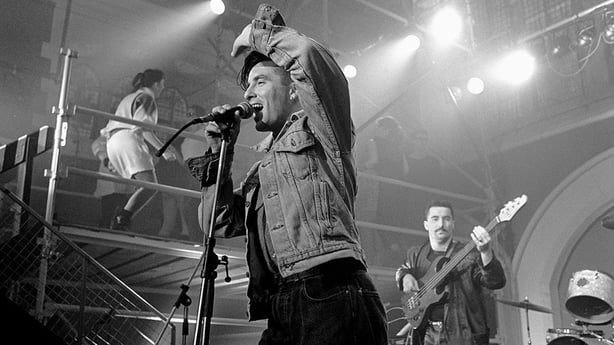
However, Christy was also all too stricken by human frailty and drawn to the dark side of an artform already littered with too many corpses. A year after Aslan released that celebrated debut - and like so many of his fellow Dubliners in the benighted 1980s - Dignam would lose it all to drugs.
As their singer sank lower into the morass, the rest of the band was left with no choice. Guitarist Billy McGuinness was forthright and funny about the whole sad affair; "We f***** up. That's it." His fellow band member Joe Jewell added: "Christy was not the same person. There is no nice way of saying this, we sacked him."
"Heroin was like a beautiful woman in the distance," Dignam confessed to Gay Byrne on the Late Late Show in 1994. "But the nearer you got to it, the uglier it becomes."
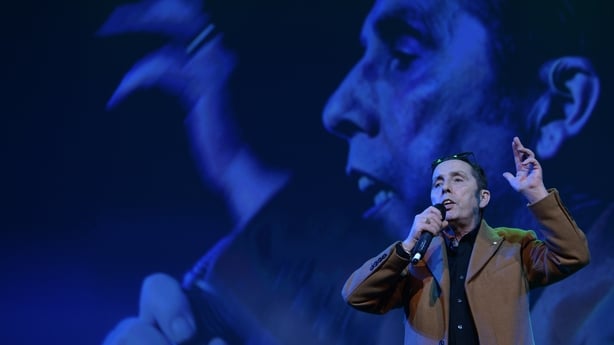
It wasn't just the fatal seduction of life on the road and fame that brought him low. Christy said he could trace the roots of his appetite for destruction back to Finglas and far from the allure of any rock 'n' roll Babylon or, indeed, Narnia.
When he was just six years old, he was sexually abused. "He stripped me, took the laces off my shoes and tied me to a chair and he... he abused me," he said in the 2017 documentary This Is Christy. "I was changed after that moment. I was never the same..."
And, of course, like so many working-class kids at the time, he told nobody.
Then, almost unbelievably after wading through years of bad blood and recrimination, Aslan reformed in 1993. As Alan Downey said on the Made In Dublin DVD in 1999, "it was like U2 trying to go on without Bono... it was just never going to work".
Their comeback was not just a great rock 'n' roll story of redemption and rebirth. With plenty of unfinished business, the lion roared again. Aslan scored their biggest hit with Crazy World and a string of No 1 albums that transcended the comeback cliche.
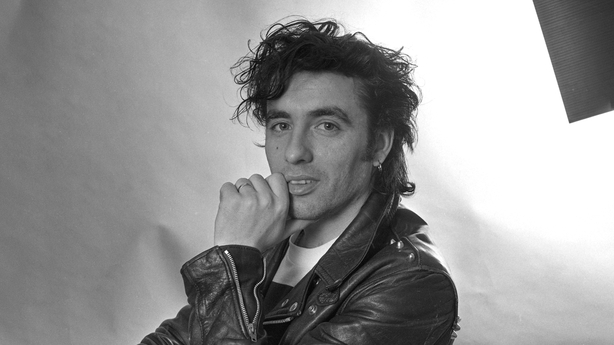
Around about this time, I met Christy for an interview in Dublin's Gresham Hotel just after he had undergone an operation. Over the course of a hugely entertaining hour, at one point he pulled up his shirt to reveal the surgical scars that crisscrossed his torso. Teacups rattled and cross looks were exchanged between the genteel mid-day clientele.
He may have always been brutally honest and ready to own up to his own failures, but Christy didn't dwell in the twilight as his life ebbed away. As he snarled on the title track of that solo album, "people came to see me self-destruct on stage, tickets for the circus and a masquerade".
His struggles with addiction and recovery and Aslan's own redemption in 1993 made Christy the very essence of a survivor; his wiry body and sharp mind having borne him through hell, and he was always a witty and occasionally sorrowful guide.
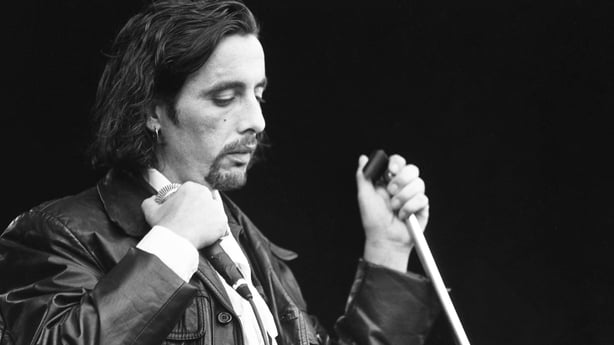
"I always loved Keith Richards," he remarked in that 2017 documentary. "I always wanted to look like him and now that I do look like him, I'm f***ing raging!"
Following treatment, Christy was able to go back on the road and he lived with his illness for more than a decade - playing both with Aslan and other musicians and experimenting with other musical styles including a performance with Finbar Furey on the Late Late Show that was viewed millions of times.
Aslan had planned a gig at the 3Arena to celebrate 40 years in the business but sadly the show was cancelled when it was announced that Christy's illness had worsened and he had begun palliative care.
What followed was quite simply an outpouring of love and respect from fans all over the world.
Christy Dignam was a unique and much-loved figure in Irish music.
His wife of 37 years Kathryn put it best. "He was a little pied piper in the middle of all the other kids in Finglas," she recalled in This Is Christy. They met at 10 years of age, were an item at 14, and she remained a wise counsel in his life right until the end. Their daughter Keira now plays in her own band and keeps the Dignam name alive and rocking.
Unbowed throughout those heroic and occasionally tragic struggles, Christy Dignam was a proper rock star in a business of careerists and narcissists. That lion-like spirit never left his fragile frame.
Alan Corr @CorrAlan2

